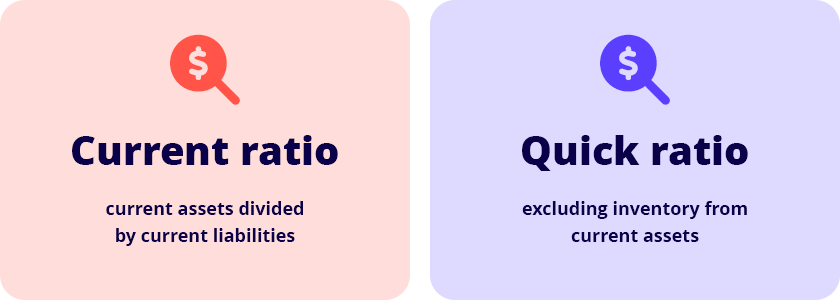GLOSSARY
What is liquidity?
Liquidity is a key concept in business finance. It refers to the stability of the price of an asset and how easily it can be traded without dropping in value.
As a business owner, it’s crucial you understand what liquidity is and how it works. So, what exactly is liquidity?
Liquidity definition
The term liquidity refers to the ease and speed with which an asset can be bought or sold without causing a significant change in its price.
Highly liquid assets can be traded easily on the open market, while less liquid assets will typically be in low demand and have fewer buyers and sellers, making transactions more challenging.
What are liquid assets?
A liquid asset is an asset that can be quickly and easily converted into cash (through buying or selling) without a noteworthy loss of value.
The most liquid asset is usually cash itself and liquidity is often used as a shorthand term for cash.
Most liquid assets are highly tradable in the market and include items such as:
- cash
- bonds
- stocks
What is market liquidity?
Market liquidity refers to the state of the market and how receptive it is to trade.
Market liquidity indicates how easily an asset can be bought or sold (in a market) without a significant price drop. If a market is highly liquid it means that it allows for smooth transactions, while a less liquid market can make trading more difficult and often has fewer market participants.
Factors that affect market liquidity include:
- number of market participants
- trading volume
- supply and demand
- market confidence.
What are liquidity ratios?
Liquidity ratios will tell you how much cash or liquid assets a business has on hand to pay debts or settle financial obligations. This is often linked to cash flow and cash on hand.
The two primary liquidity ratios:
- Current Ratio (current assets divided by current liabilities)
- Quick Ratio (excluding inventory from current assets).

These liquidity ratios provide insight into financial health and a business or company’s ability to cover immediate financial outgoings, such as payroll, expenses, or debts.
See related terms
What are fixed assets?
What is gross profit?
What does accrued mean?
Additional resources
Disclaimer
This glossary is intended for small business owners and contains definitions suited to their needs. For more comprehensive explanations, we recommend consulting an accounting or bookkeeping professional. Reckon does not offer accounting, tax, business, or legal advice.
Try Reckon One now for free!
30 days free trial. Cancel anytime.
